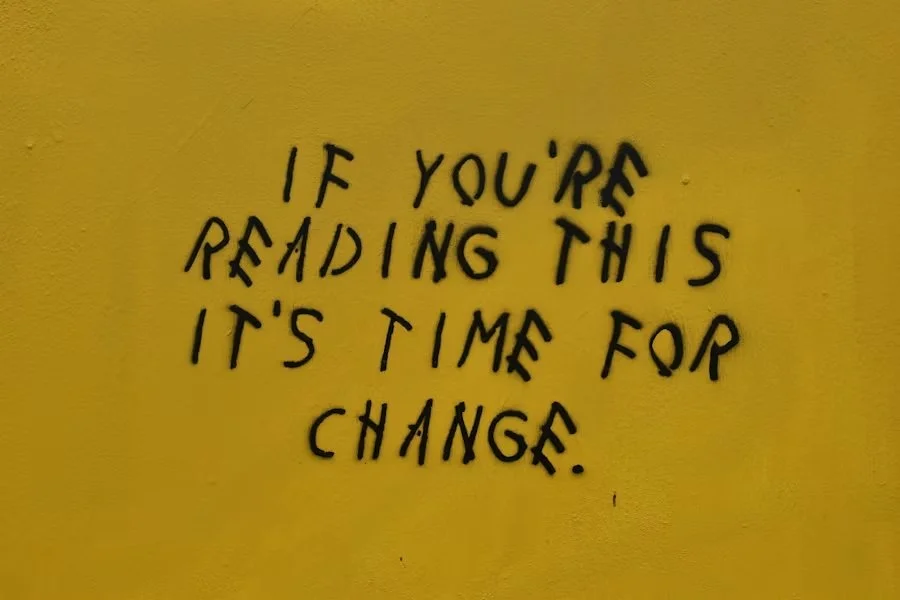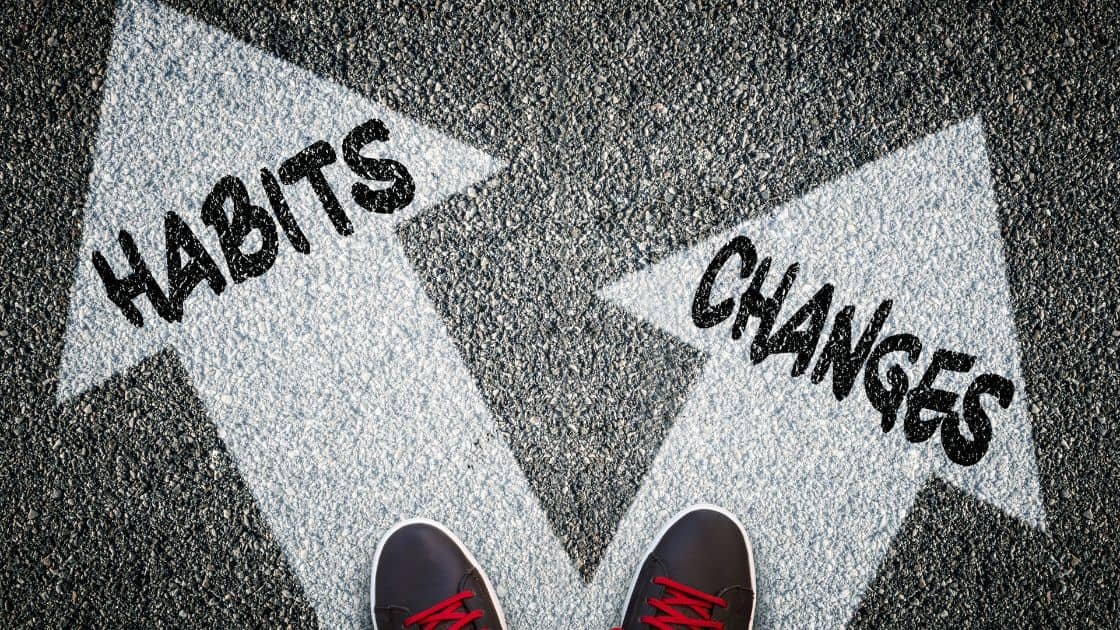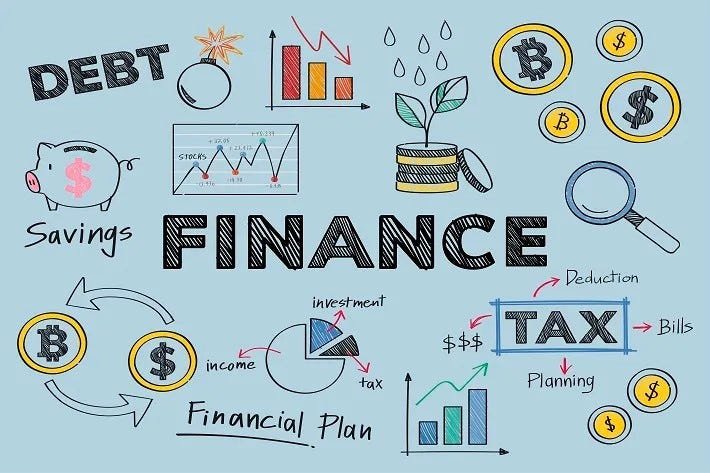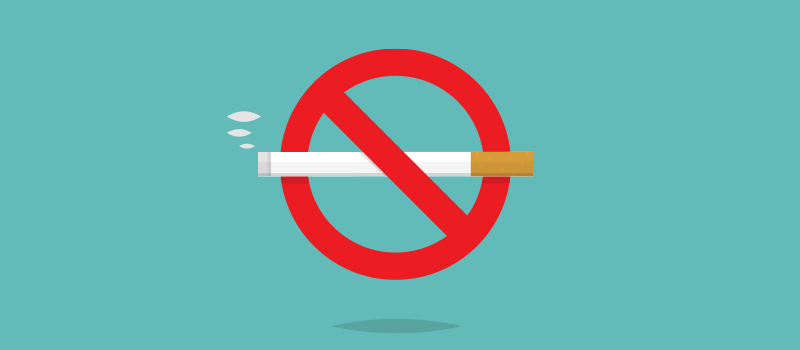I have been studying the fear of change, both in myself and in the people I coach. What I have discovered is as startling as it is deeply human: our resistance to change isn’t just a mindset. It lives in our nervous system, our habits, and even our sense of identity, because change often feels like a threat to our safety. Even when something no longer serves us, whether it’s a job, a relationship, or a way of thinking, we often cling to it simply because it’s familiar. Sad but true… If this resonates, contact me via email to book a free 30-minute discovery call.
““The free soul is rare, but you know it when you see it - basically because you feel good, very good, when you are near or with them.””





















